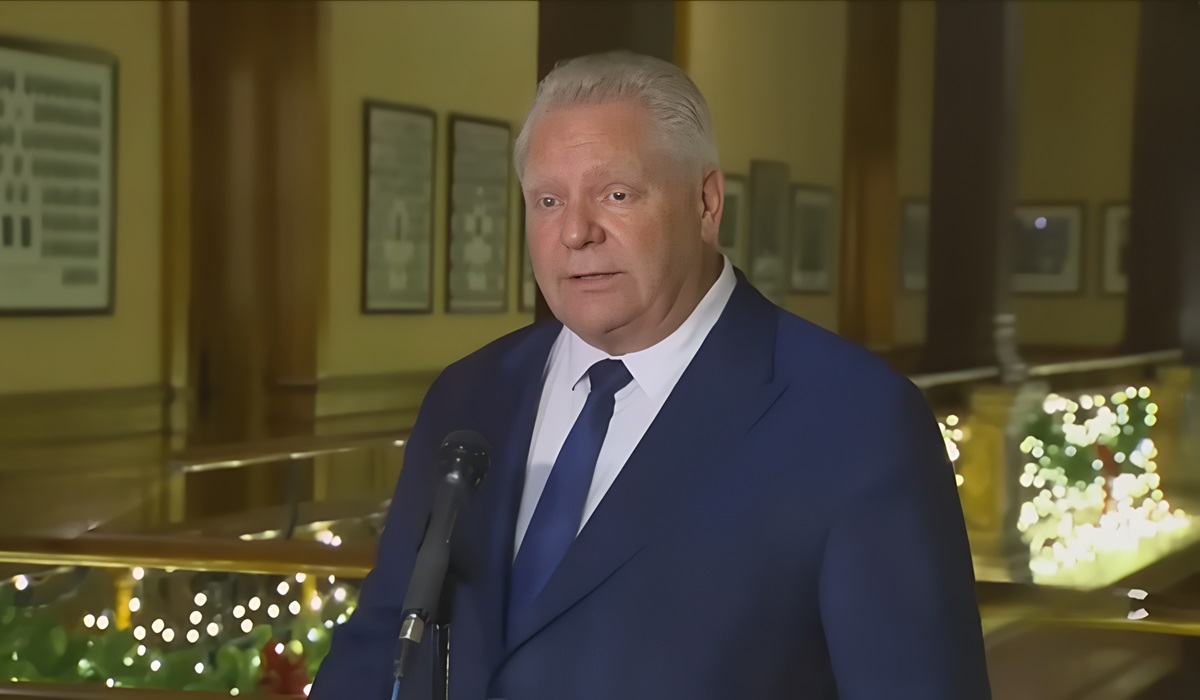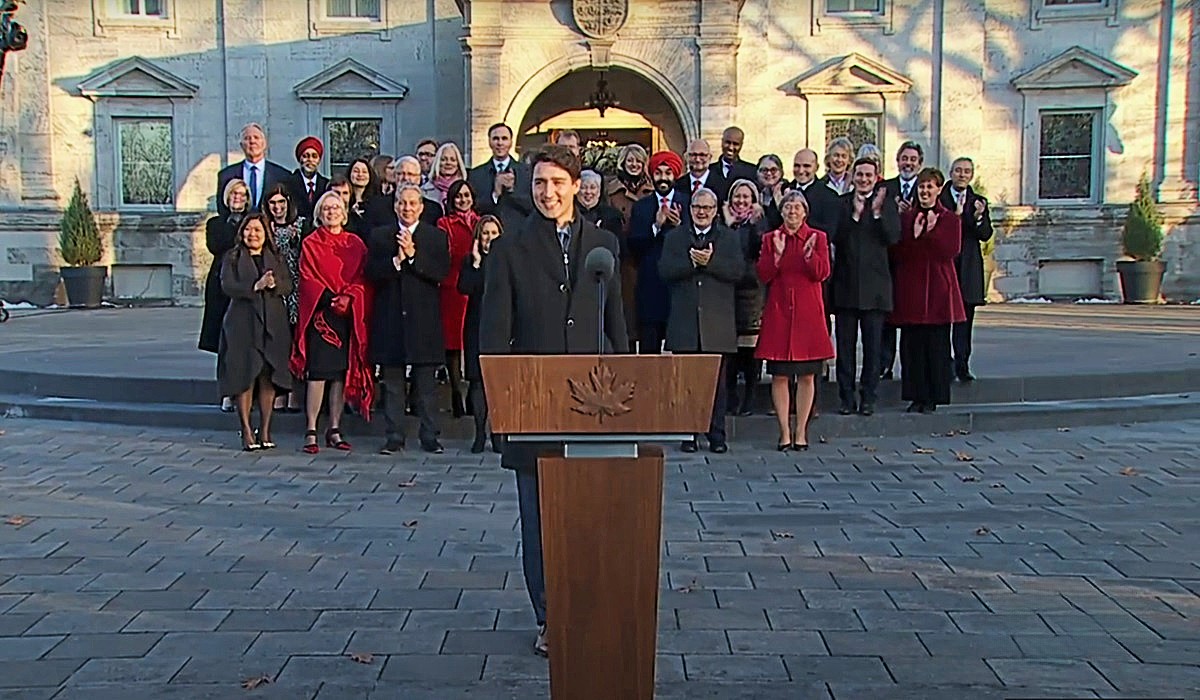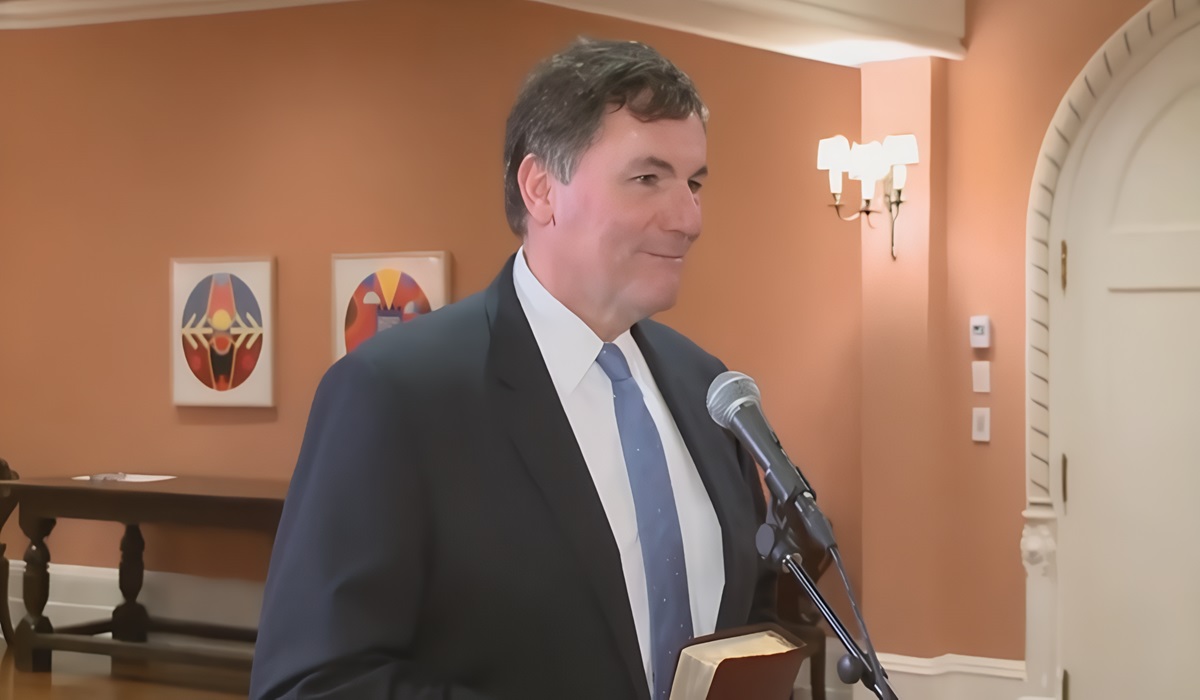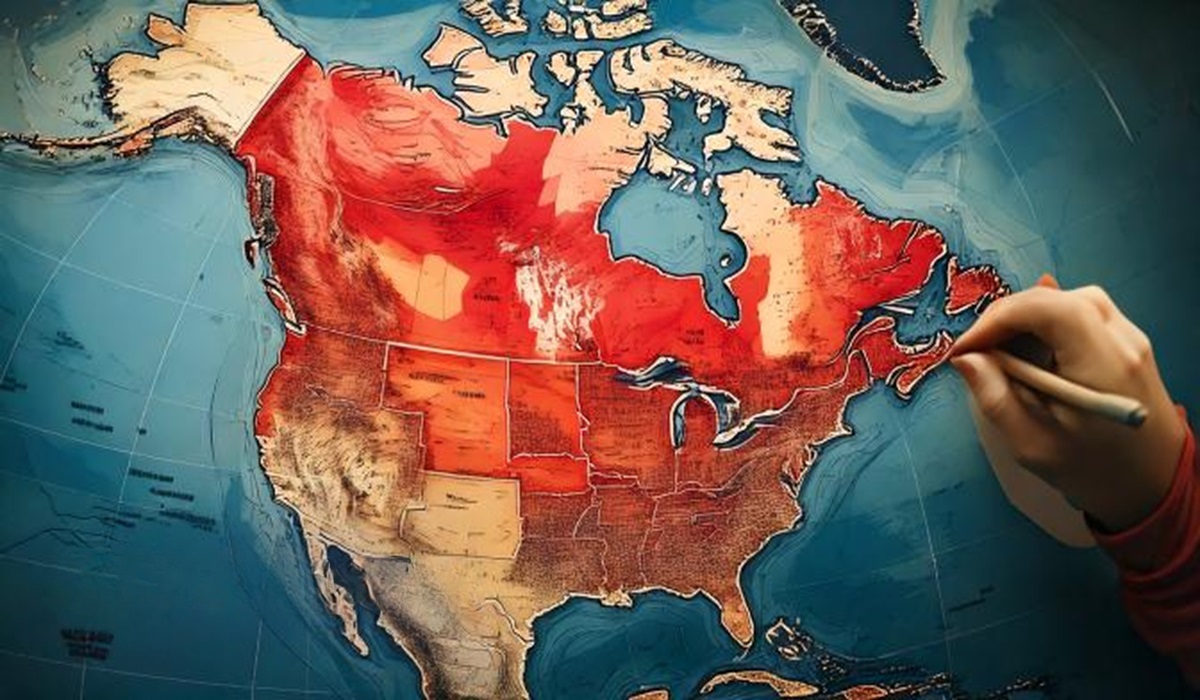Alberta MP Rachel Thomas’ French Usage Query Ignites Political Sparks From Libs, NDP and Bloc
- TDS News
- Canada
- December 1, 2023
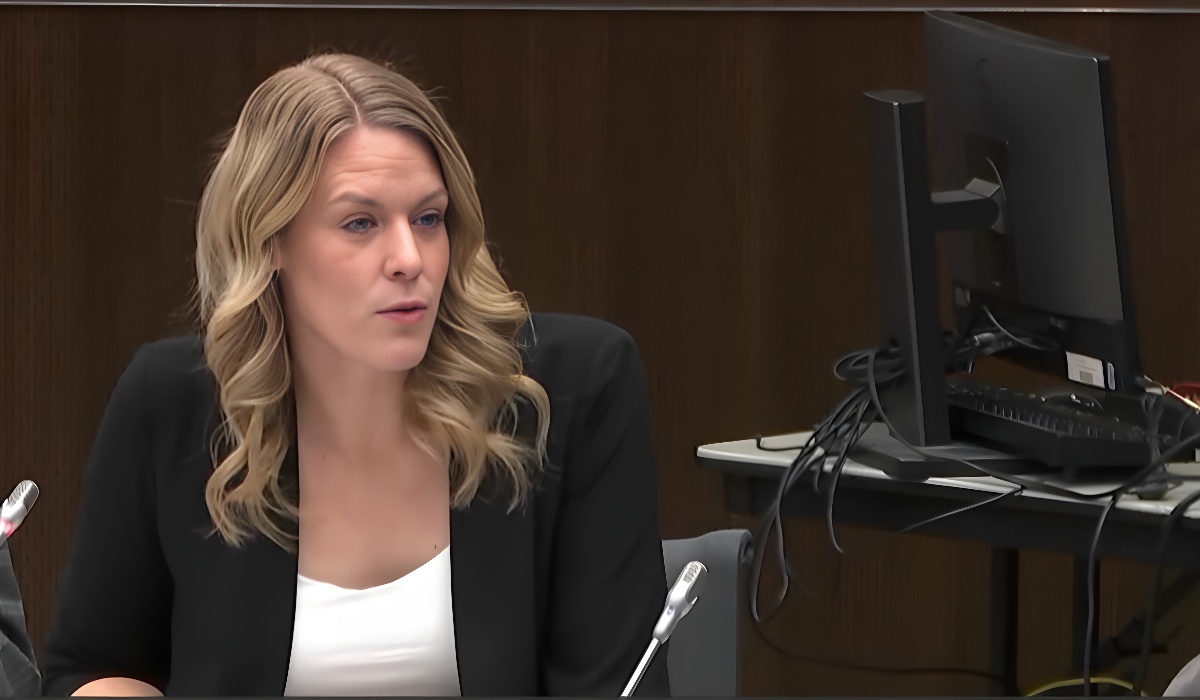
Thursday morning witnessed an unexpected turn of events during a routine House of Commons Heritage Committee meeting, revealing the complexities of language politics in Canada. Conservative MP Rachel Thomas’s for Lethbridge, Alberta, request Heritage Minister Pascale St-Onge sparked a heated debate about language choices, with implications far beyond the committee room.
At the heart of the matter, Thomas pointedly observed the minister responding in French to Conservative members while opting for English when addressing queries from her Liberal counterparts. The ensuing debate unfolded around Canada’s identity as a bilingual nation, exposing underlying tensions and resulting in accusations of insensitivity and perceived anti-Quebec sentiments against MP Thomas from members of the Liberal, NDP, and Bloc parties.
Central to the unfolding drama is whether Canadian political discourse has reached a juncture where a simple language-related request is met with insensitivity or anti-French sentiment accusations. Thomas defended her request, emphasizing that it was not meant to be malicious but rather an astute observation—one for which she later apologized to the Chair of the Committee. The incident raises broader questions about the fine line between advocating for linguistic rights and unintentionally causing offence.
Beyond the isolated incident, the debate on language suppression in Canada extends to broader issues. While Thomas faced criticism for her language-related request, there is a glaring lack of similar scrutiny regarding Quebec’s policies, which seemingly restrict the use of the English language and impact anglophones disproportionately. The Quebec government’s insistence on conducting business transactions, immigration processes, and maintaining websites exclusively in French raises important questions about the equitable treatment of minority-spoken languages throughout the province.
There seems to be an apparent double standard in treating language-related issues in Quebec. Despite Quebec’s policies prioritizing French-speaking immigrants, raising tuition costs for out-of-province anglophones, and employing the language police, there seems to be a notable absence of comparable criticism when compared to the backlash against MP Thomas. The narrative questions why Quebec’s language policies are not subjected to the same scrutiny and divisive rhetoric seen in this incident.
If language is a contentious issue in Canada, the Quebec government should reconsider and abolish its archaic laws prioritizing Francophones over Anglophones. Such a move would symbolize a commitment to the fundamental principle that all citizens in the province are equal, irrespective of their native language. By dismantling language barriers and fostering an environment of equality, Quebec could set a powerful example for the rest of the country, demonstrating a dedication to inclusivity and recognizing the diverse tapestry that enriches the nation. Provinces need to lead by example, ensuring that language policies align with the principles of equality and unity underpinning the Canadian identity’s foundation.
To fully comprehend the complexities of language politics in Canada, it is crucial to explore the various language policies in place, especially those affecting Quebec. The province’s insistence on citizens conducting daily life and accessing vital services predominantly in French is juxtaposed against the principles of linguistic freedom upheld in other provinces and territories. This examination prompts a critical evaluation of whether the notion of Canada as a bilingual country is genuinely reflected in its diverse landscape.
It becomes imperative to stress the need for empathy and non-partisan discourse in Canadian politics. The prevailing trend of parliamentary bickering and in-fighting, often dominating news cycles, underscores the urgency for a shift in tone and a return to constructive dialogue.
Moreover, we must revisit the fundamental question: why aren’t stronger proponents advocating for more inclusive policies? This involves questioning the absence of official recognition for indigenous languages and underscoring the universal nature of language as a vital instrument for establishing common ground. It is imperative to challenge the status quo and push for inclusivity, recognizing the diverse heritage that contributes to the rich tapestry of our society. As Canada grapples with diversity, finding common ground and fostering a more empathetic political discourse becomes paramount for the nation’s unity and well-being.
Unfortunately, this incident has taken center stage in our news, with elected parties in Canada seizing the opportunity to garner as much media attention, FaceTime, and airtime as possible. Rather than prioritizing the crucial task of governing, the incident has become a tool for political mileage, diverting attention from more pressing matters that demand thoughtful and focused leadership.
Image credit House Committee





